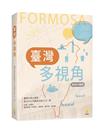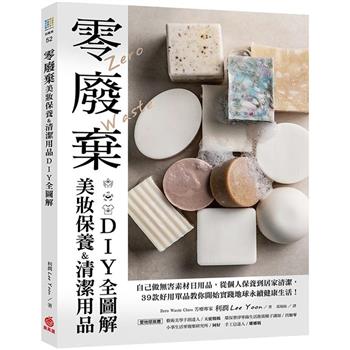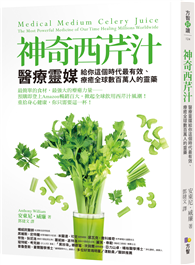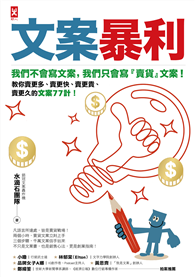透過這本書,走入臺灣各場域,學習並應用華語能力進行跨界交流
從臺灣視角出發,連結全球現象與議題
憑藉多元素材進行各種開放性討論,激發不同角度的觀點表達
優化華語能力的輸入與輸出
從臺灣視角出發,連結全球現象與議題
憑藉多元素材進行各種開放性討論,激發不同角度的觀點表達
優化華語能力的輸入與輸出
本書內容涵蓋四大主題,每個大主題領域由三個層面的次主題組成,每個次主題 再由兩個文本內容展開多元情境設計。全書共四大單元十二課,談及人文景觀、節慶風俗、海洋族群、大眾生活、性別平等、產業改造、科技農場、旅遊觀光、虛擬科技、醫療保險,社會福利、政治發展、教育萬象、國際志工、城市活化,青年追夢、新住民文化、經濟區塊鏈、價值觀質變等。這些情境,由一群臺灣大學國際學院的研究生展開,帶領本書學習者進入不同場域中探究,在跨場域中進行跨文化交流。
本書的編寫設計呈現多元體裁,包括對話、短文、雜誌撰文、現場演講,電子郵件email、部落格寫作blog、臉書貼文facebook、網路平台直播live stream、播客頻道podcast、影音視頻vlog,視訊會議conference call等,希望幫助學習者透過這些實用的語言呈現載體形式來演練華語交流。
程度:
本書的華語能力水平適合高級初階到高級高階,根據國家教育研究院臺灣華語文能力基準Taiwan Benchmarks for the Chinese Language TBCL 三等七級詞表編寫,以第五級與第六級為主,同時亦配合國家華語測驗工作委員會華語文能力測驗Test of Chinese as a Foreign Language TOCFL 華語八千詞標準,主要收列高階級(B2),兼收部分進階級(B1)與流利級(C1)。
本書特色
反映在全球快速跨域流動的潮流中學習華語的新樣貌
優化由臺灣視角連結真實世界的華語應用能力
兼顧面對面溝通與網路載體應用的華語交流形式

 共
共 








